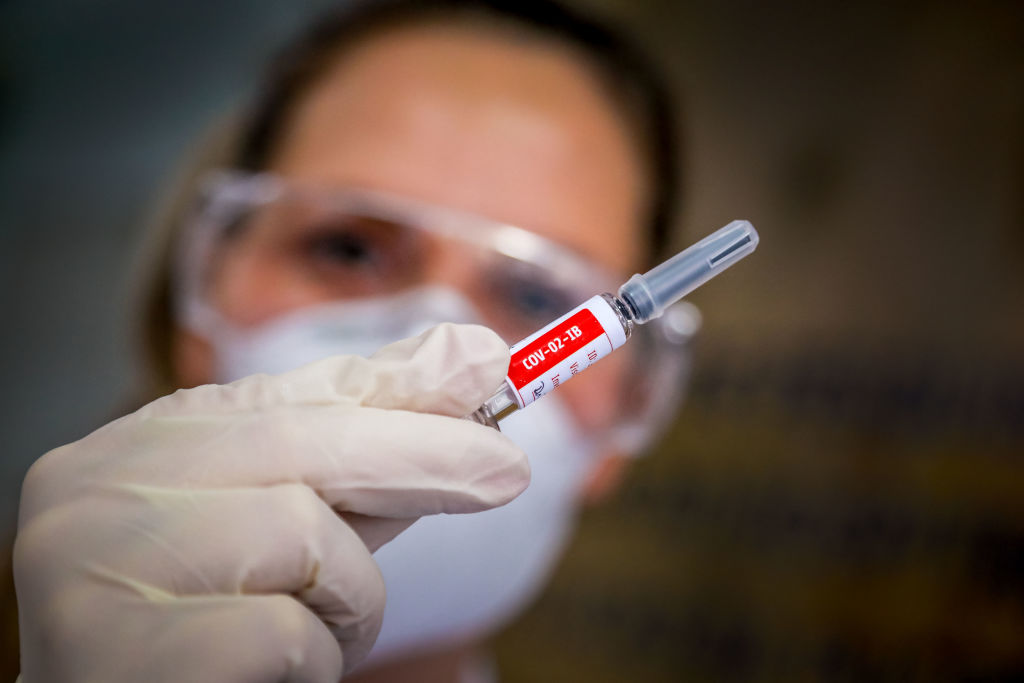CDC 'urgently' tells states to get coronavirus vaccine distribution running by Nov. 1


A free daily email with the biggest news stories of the day – and the best features from TheWeek.com
You are now subscribed
Your newsletter sign-up was successful
The federal government has hinted to states a COVID-19 vaccine may be ready before Election Day.
The Centers for Disease Control and Prevention and the Department of Health and Human Services "are rapidly making preparations to implement large-scale distribution of the COVID-19 vaccines in the fall of 2020," CDC head Robert Redfield said in a letter to governors last week. Therefore, the CDC is "urgently" asking states to start "expediting applications" for COVID-19 vaccine distribution facilities so they're "fully operational by Nov. 1, 2020," McClatchy first reported.
If and when a coronavirus vaccine becomes available for public or even emergency use, distribution will still stand between it and Americans, and a slow process could cost lives. That's why the departments are asking states to waive some typical requirements to get distribution up and running, though these "will not compromise the safety or integrity of the products being distributed," the letter said.
The Week
Escape your echo chamber. Get the facts behind the news, plus analysis from multiple perspectives.

Sign up for The Week's Free Newsletters
From our morning news briefing to a weekly Good News Newsletter, get the best of The Week delivered directly to your inbox.
From our morning news briefing to a weekly Good News Newsletter, get the best of The Week delivered directly to your inbox.
The guidance also noted that health care employees would be among the first Americans to get the vaccine, as well as high-risk individuals such as those over 65 or from "racial and ethnic minority populations."
Still, epidemiologists are concerned this announcement could signal the Trump administration is rushing to push out a vaccine. "It's hard not to see this as a push for a pre-election vaccine," Saskia Popescu, an infection prevention epidemiologist in Arizona, told The New York Times. Popescu also warned of "the politicization of public health and the potential safety ramifications" if the vaccine approval process is cut short.
A free daily email with the biggest news stories of the day – and the best features from TheWeek.com
Kathryn is a graduate of Syracuse University, with degrees in magazine journalism and information technology, along with hours to earn another degree after working at SU's independent paper The Daily Orange. She's currently recovering from a horse addiction while living in New York City, and likes to share her extremely dry sense of humor on Twitter.
